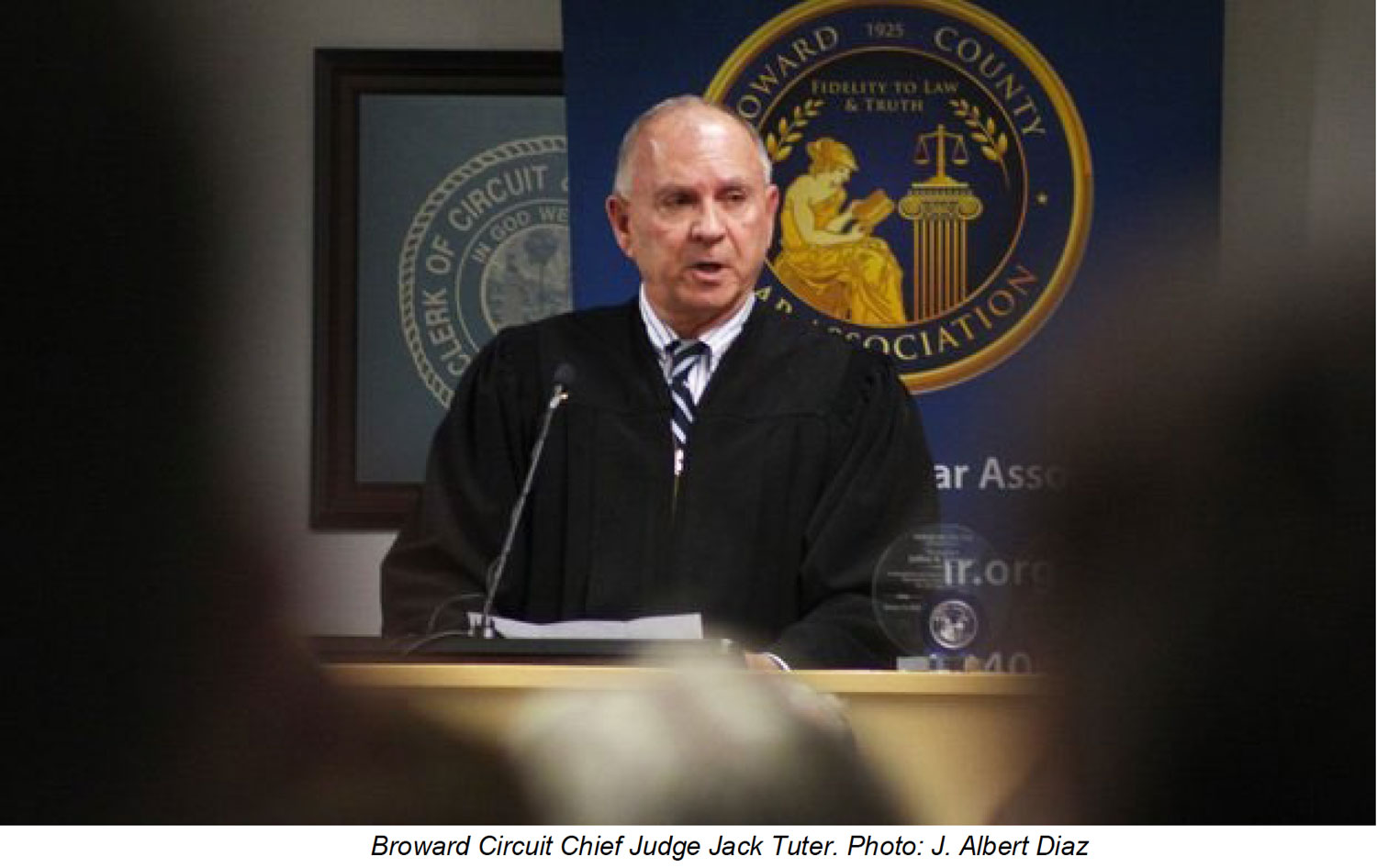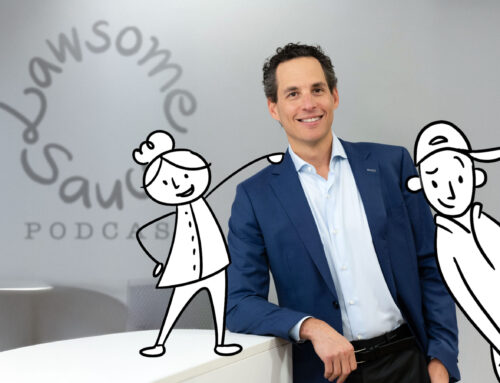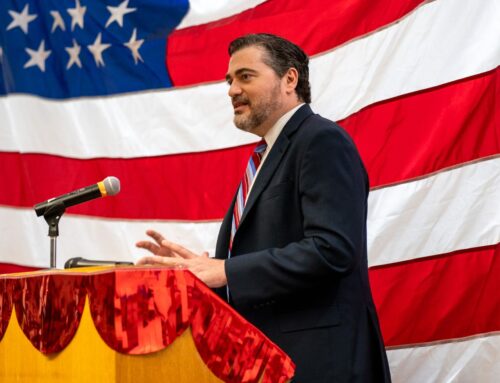By Michael A. Mora, Daily Business Review | May 3, 2021
“If you would have told me a year ago, calling and saying, ‘Hey, judge, let’s try a remote jury trial online and see what that looks like,’ I would have looked at you like you stepped off the planet Mars,” Broward Circuit Chief Judge Jack Tuter said.
As COVID-19 crippled the court system in 2020, Broward Circuit Chief Judge Jack Tuter emerged as a key leader, with a response that some South Florida attorneys are now considering a blueprint for success in adapting to unprecedented emergencies.
But if you ask Tuter, he’ll tell you it was the efforts of lawyers, judges and courthouse staff, along with the adoption of new technologies, that made all the difference.
“Sometimes we had no precedent for what was happening, and we had to fix and rectify it,” Tuter said. “When you are running a court system, you do not have the luxury of a lot of time. A lot of these things have time standards. There are some things that you have to be able to come up with a solution as best as you think it is and just move forward.”
And right from the beginning, in mid-March 2020, Tuter recalled that everything started to go downhill. An immediate challenge was the COVID-19 outbreak in the first appearance courtroom. Staff members were unable to access the camera, yet they still had to allow people to appear in front of it within 24 hours as designated by law.
Ultimately, the Florida Supreme Court came to the rescue and appropriated money to purchase Zoom licenses for each judge in the Sunshine State. But that brought a whole new set of problems, primarily around the accessibility of the software.
For Mitchell Berger, a partner at Berger Singerman in Fort Lauderdale, those early glitches added to a sense of camaraderie between attorneys on opposing sides using the medium.
“Respectfully, understanding at times that technology was not being our friend and taking longer to load a document, or sometimes the screen froze was a problem,” Berger said. “In some ways, in terms of us having a shared experience with your colleagues on the other side, you share that moment with screen freezes or the document doesn’t load, that actually added to the civility in the process.”
A lot ‘on his shoulders’
Another initial setback involved a COVID-19 outbreak in the juvenile detention center and the jails. Although circuit court judges conducted hearings remotely, the outbreak in the juvenile detention center brought a scramble to evacuate the children to Miami. At the same time, the outbreak in the jail meant visitors were not allowed to enter.
That exclusion of visitors meant lawyers could not see their clients, doctors were unable to conduct psychological examinations, and people had to roam the floors with “laptop cameras” to conduct hearings
Since the jail did not have cameras in that stage of the pandemic, the circuit court faced additional tough questions: How could it conduct hearings for domestic violence in a 15-day return? And how would the circuit court conduct first appearances if everyone in the courthouse had to leave?
“There were some due process things that just went by the wayside initially because we didn’t have the ability to conquer it,” Tuter said. “But as the weeks and months went by, we made adjustments and wrote the orders we need to write to do some of these things administratively.”
Yaniv Adar, a partner at Mark Migdal & Hayden in Miami, soon realized that Tuter had a lot more “on his shoulders” beyond just being a judge in the complex civil division. Adar pointed to litigation in a discovery dispute case in which Tuter said he had a challenge dealing with a COVID-19 outbreak in prison.
“He was dealing with being able to ensure due process in the cases, and we would realize as civil litigants that there were other issues at play than our civil disputes,” Adar said. “The COVID-19 outbreak in prison was something that stood out for me. Appreciating that Chief Judge Tuter had way more going on than we could imagine.”
Swirling questions
An early victory was the mock remote jury trials held in both the criminal and civil division. Tuter recalls challenges that look simple now but were lost on the circuit court then. For instance, how does the circuit court admit evidence in a remote hearing, including keeping it secure? Also, how do you swear in a witness from another state?
“When we first began, everyone was searching around for what the other circuits were doing and how everybody else was handling it before we finally came to decisions,” Tuter said. “After we had emergency funding, the circuit bought a bunch of high-tech audio and video equipment to be able to staff our courtrooms.”
The new technology solved many of the problems to retrofit the courthouses in a 21st-century institution. And when the mock trials were over, the jury provided feedback, reporting they could assess witness and expert credibility by camera, and that they could focus despite distractions at home. On the criminal side, though, lawyers remained skeptical trying a case on Zoom.
“The overall feedback on the civil side, and not just from the jurors that we used, but the judges and lawyers that participated, all firmly believed that in the right kind of case, we could do this,” Tuter said. “There were limitations on the type of cases we could do. But in a short case, with not a lot of exhibits, everybody was convinced this could be done and not lose any due process.”
In Adar’s view, Tuter never missed a beat in the civil division since the pandemic hit.
“One of the things that Chief Judge Tuter did before every hearing that we had was to give us an update on the state of things in the circuit,” Adar said. “And let us know he wasn’t going to have in-person proceedings, including jury trials, until he knew that he could do so safely.”
But Adar said he was less optimistic that civil cases would be tried in front of a jury as quickly as other Florida circuit courts, saying, “Things look like they are further out in Broward.”
‘Everybody had to scramble’
Now, Tuter said the Florida Supreme Court will take up rules on remote proceedings and the technology to facilitate it within the next two years. It’s something he described as a positive trend, noting it never would have occurred without the pandemic.
Jack B. Tuter Jr. Born: 1957 Education: Memphis State School of Law, J. D. 1982; Middle Tennessee State University B. A. 1978 Experience: Partner, Stephens Lynn Klein 1985-2003; Director Florida Division of Alcoholic Beverages and Tobacco, 2003-2005; Partner, Conrad Scherer 2005; Circuit Court Judge 2005-present; Chief Judge, 17th Judicial Circuit, 2017 to present




